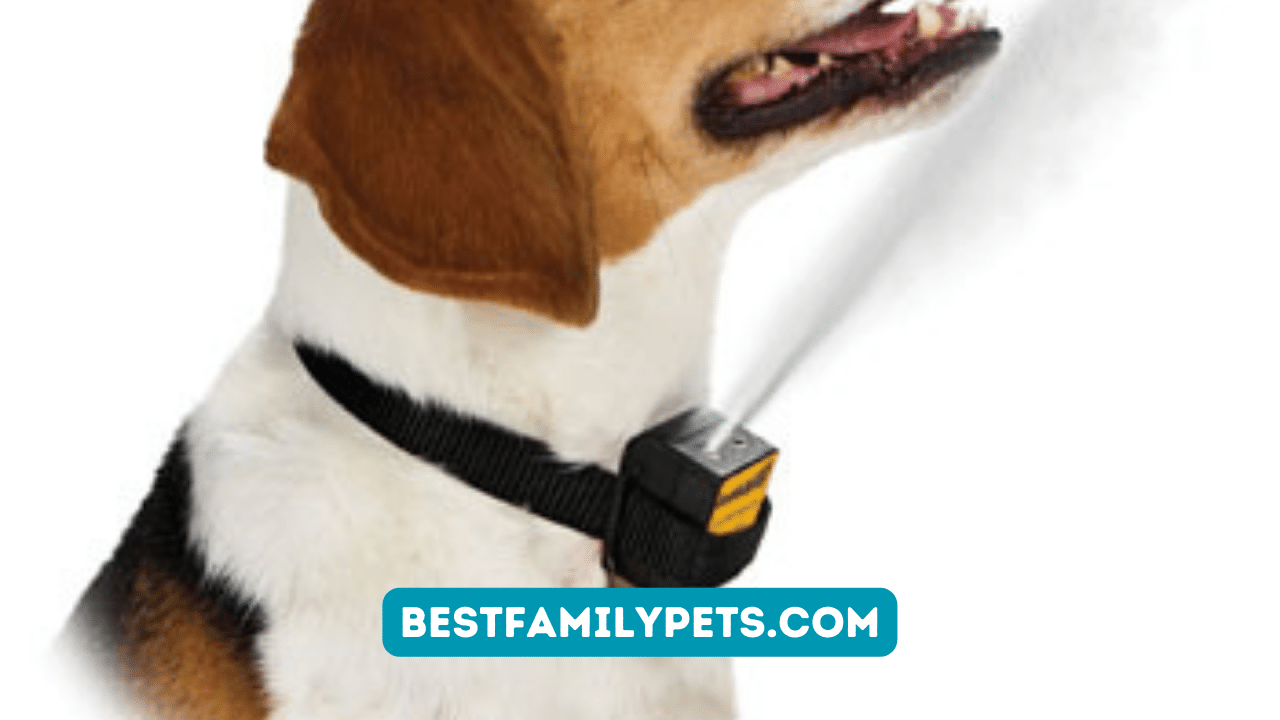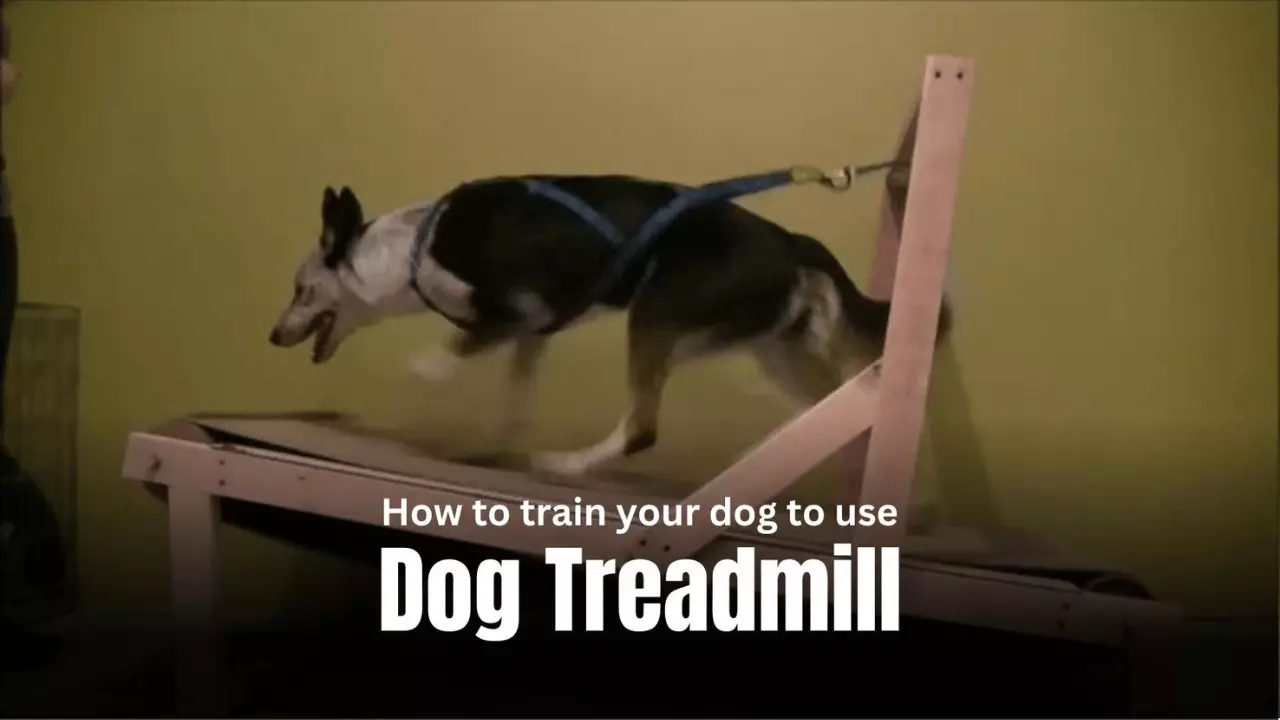Mastering the Art of Training Your Dog to Use a Treadmill
Upgrade your dog’s fitness: master training them to use a treadmill. Learn safe and effective tips for exercising your furry friend.
Mastering the art of training your dog to use a treadmill is a great way to provide your furry friend with the exercise they need. It can also help your dog burn off excess energy and reduce destructive behavior. However, it’s important to start slow and gradually increase the intensity of the workout. In this article, we’ll provide tips and tricks to help you train your dog to use a treadmill safely and effectively.
Step-by-Step Guide for Successful Dog Treadmill Training
If you’re a dog owner looking for an effective way to keep your furry friend active and healthy, a treadmill can be a fantastic tool. Treadmill training can be especially beneficial for dogs who may not have access to outdoor exercise due to weather conditions or physical limitations. In this article, we’ll provide you with a step-by-step guide on how to train your dog to use a treadmill effectively.
Choosing the Right Treadmill for Your Dog
Before diving into the training process, it’s crucial to select the right treadmill for your dog. Consider the following factors:
- Size: Ensure that the treadmill is suitable for your dog’s size and weight. A treadmill that is too small or too large may not provide the optimal workout experience for your dog.
- Speed and Incline: Look for a treadmill with adjustable speed and incline settings. This will allow you to gradually increase the intensity of your dog’s workout as they progress in their training.
- Safety Features: Opt for a treadmill with safety features such as side rails and an emergency stop button to ensure your dog’s safety during their workout.
Getting Your Dog Acclimated to the Treadmill
Introducing your dog to a treadmill requires patience and positive reinforcement. Follow these steps for a successful acclimation process:
- Familiarization: Allow your dog to explore the treadmill while it is turned off. Encourage them to sniff, walk on, and around the treadmill to get comfortable with its presence.
- Desensitization: Turn on the treadmill and let your dog get accustomed to the noise and movement. Keep the treadmill at a slow speed initially and gradually increase it over time.
- Positive Reinforcement: Reward your dog with treats and praise for any positive interaction with the treadmill. Use a clicker or a verbal cue, such as “good” or “yes,” to mark desired behavior.
Starting the Training Process
Once your dog is comfortable with the treadmill, you can begin the dog training process:
- Leash Training: Attach a leash to your dog’s collar and guide them onto the treadmill. Start at a slow speed and walk beside your dog, providing encouragement and rewards.
- Gradual Speed Increase: Slowly increase the speed of the treadmill as your dog becomes more confident and comfortable. Always monitor your dog’s body language and adjust the speed accordingly.
- Introducing Commands: Introduce commands such as “walk” or “trot” to guide your dog’s pace on the treadmill. Use positive reinforcement to reward compliance with commands.
- Duration and Frequency: Begin with short sessions of 5-10 minutes and gradually increase the duration as your dog builds stamina. Aim for 3-4 treadmill sessions per week.
Safety Precautions and Tips
To ensure a safe and successful treadmill training experience for your dog, keep the following tips in mind:
- Supervision: Always supervise your dog during treadmill workouts to prevent accidents and ensure their safety.
- Warm-up and cool-down: Allow your dog to warm up and cool down before and after treadmill workouts. Start with a slow speed and gradually increase or decrease it.
- Proper Form: Encourage your dog to maintain proper form while using the treadmill, with their head up, back straight, and paws centered on the belt.
- Positive Reinforcement: Use positive reinforcement in the form of treats, praise, and playtime to motivate your dog during treadmill training.
- Gradual Progression: Gradually increase the speed, duration, and intensity of your dog’s treadmill workouts as they become more comfortable and confident on the machine. Avoid pushing your dog too hard or rushing the training process, as this can lead to stress or injury.
Troubleshooting Common Challenges
Training a dog to use a treadmill may come with some challenges. Here are some common issues and how to address them:
- Fear or Anxiety: If your dog shows fear or anxiety towards the treadmill, take a step back and continue with desensitization exercises. Gradually reintroduce the treadmill at a slower speed and use positive reinforcement to build your dog’s confidence.
- Lack of Interest: Some dogs may not be initially interested in using the treadmill. To increase motivation, use high-value treats, toys, or playtime as rewards during treadmill sessions. You can also try walking or running on the treadmill yourself to show your dog how it’s done.
- Poor Form: If your dog’s form on the treadmill is not correct, gently guide them into the right posture using verbal cues and rewards. Avoid forcing your dog into an uncomfortable position, as this can cause injury.
- Overexertion: Keep an eye on your dog’s body language and breathing during treadmill workouts. If your dog appears exhausted or is panting heavily, stop the session and allow them to rest. Gradually increase the intensity of the workouts over time.
Benefits of Treadmill Training for Dogs
Treadmill training can offer numerous benefits for dogs, including:
- Physical Exercise: Treadmill workouts provide a controlled and consistent form of exercise that can help improve your dog’s cardiovascular health, muscle tone, and weight management.
- Mental Stimulation: Treadmill training can also provide mental stimulation for dogs, as they need to focus on maintaining their balance and pace on the moving belt.
- Weather Independence: Treadmill training is a great option for dogs who may not be able to go for outdoor walks or runs due to extreme weather conditions such as heat, cold, or rain.
- Rehabilitation: Treadmill training can be used as a form of rehabilitation for dogs recovering from injuries, surgeries, or physical limitations, as it allows for controlled and supervised exercise.
Conclusion:
Training your dog to use a treadmill can be a rewarding and beneficial endeavor. By following a step-by-step approach, using positive reinforcement, and ensuring safety precautions, you can help your dog master the art of treadmill training. Remember to start slow, be patient, and always prioritize your dog’s well-being throughout the training process. With consistent training and proper guidance, your dog can enjoy the physical and mental benefits of treadmill workouts. So, lace up those running shoes and get ready to embark on this exciting journey with your furry companion!
-

10 Cheapest Dog Training Pads for Tight Budgets
Train your furry friend on a budget with these 10 cheapest dog training pads. Keep your floors clean and order now!
-



Top 10 Best Dog Training Apps 2021
-



Mastering Dog Training: 10 Essential Tips for Beginners
Unleash your dog’s potential with 10 essential training tips for beginners. Master the art of dog training and build a lifelong bond!
-



Teaser About the Benefits of Using a Halo Collar for Dog Training
Revolutionize your dog training with the cutting-edge Halo Collar – Experience unparalleled control, safety, and peace of mind.
-



Top 10 Best Dog Training Apps 2023
Train your furry companion with ease using the top 10 best dog training apps of 2023. Start training like a pro today!
-



Top 10 Best Selling List for Large Dog Training Crate
Find the perfect large dog training crate with our top 10 best-selling list. Train your furry friend comfortably and effectively.
-



Tips for Puppy Training Pad
Learn how to use puppy training pads effectively to make training your puppy easy. Discover helpful tips on pad placement!
-



Happy Paws Puppy Training Pad
Say goodbye to messes with Happy Paws puppy training pads. Keep your home clean with these highly absorbent and leak-proof training pads.
-



Hiking With Dogs – Tips for Bringing Your Pup on the Trail
Hit the trails with your dog! Check out our top tips for hiking with dogs and make your next adventure a success.
-



6 Important Things to Remember While Training Your Cockapoo
Train your Cockapoo with confidence! Learn 6 crucial tips for successful dog training and enjoy a loving, obedient companion.
-



Training With The Dog Bark Collar
Train your dog with ease using a bark collar. Enjoy peace and quiet at home. Order now and experience the benefits.





